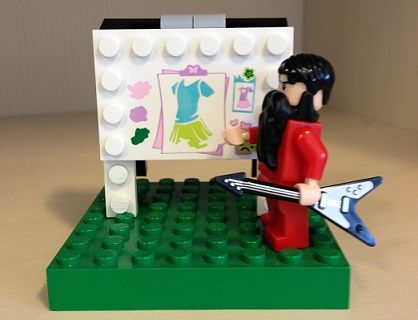If you feel that the media – and especially TV – is increasingly hard to keep up with and becoming more shallow, then it seems you are not alone.
A recent article in Kristeligt Dagblad written by associate professor Ole Henrik Hansen from the Danish institute for pedagogy and education at Aarhus University suggests that today’s children’s TV programs are having a negative effect on their powers of concentration.
“It’s all going too fast. Children derive little benefit from this. Of course you can’t generalise completely, but kids are being denied the chance to go into things in detail,” said Hansen.
However, Morten Skov Hansen, the head of programming for Denmarks Radio children’s channels Ramasjang and DR Ultra believes that this is just a symptom of trends that have been prevalent in the media for some time now.
Tempus fugit
“It’s obvious that something has changed regarding the tempo of children’s TV if you compare it to what it was like when I was a child,” he told DR Nyheder. “But this is in many ways a tendency that can be seen across the entire media market. Things change,” he added.
Hansen emphasised that the important thing, as he saw it, was the way in which society perceives children have changed, and the programs DR produces with it. It is important to speak to children in a more direct and inspirational way, he contends.
“Our motto at Ramasjang has always been that one hour of Ramasjang ought to be like 100 hours of play,” said Skov Hansen.
“Our job is to speak to kids here and now, wherever they are in their lives, and enhance their curiosity, empathy and fantasy,” he added.















